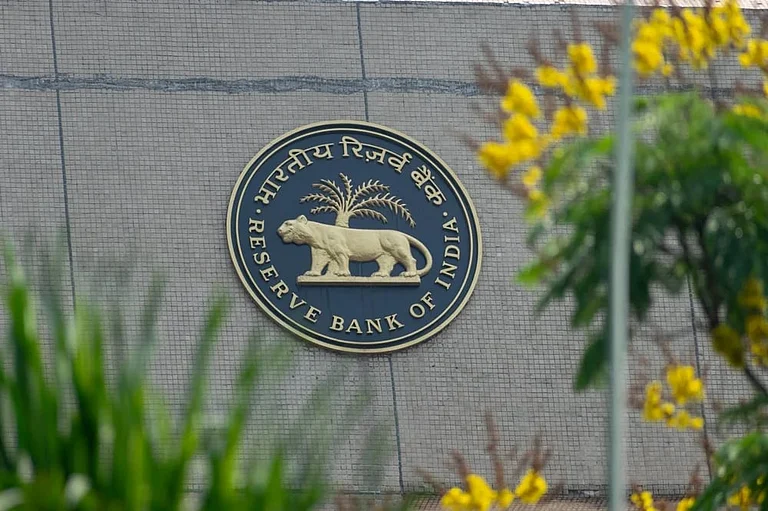Applying for a new credit card might seem like a good financial move – a newer instrument to access credit, an enhanced credit limit as disposal, varying payment cycle, and so on.
But there are some fundamentals you should never forget. First, credit cards do not provide free money; rather, they give an interest-free period ranging from 45-55 days, depending on the terms and conditions specified in the card and your billing cycle. This is of utmost importance and ought to be handled with a lot of care so that one does not fall into a debt trap.
So, here are some key factors you should keep in mind before taking a new credit card.
1] High Interest Rates: Credit cards come with a high rate of interest. If the user fails to pay the credit card bill on time, he or she is liable to be charged with a rate of interest that could be as high as 2-3.5 er cent per month, which amounts to 24-42 per cent per year. So, it is very important to pay off your credit card bill on time and not revolve your credit, as the interest on the outstanding due could balloon up and put you in a debt trap.
2] Credit Utilization Ratio (CUR): A low CUR is what one should aim for in order to maintain a good credit score. Typically, one should not utilise more than 30 per cent of the credit limit available on the card. This would mean that if your credit limit is ₹10 lakh, do not spend more than ₹3 lakh to keep your credit score high.
3] Multiple Cards: Many people use multiple cards to keep track of their CUR, but too many cards might turn out to be a risk. Additionally, using one card to pay another is not a good practice because that will lead you into a debt cycle and will affect your credit score.
4] Reward Points: One of the benefits of using a credit card is reward points on every purchase. These points can be redeemed as coupons or discounts as mentioned in the terms and conditions of the card. However, most cards have rewards expiry period, while some allow you to carry them forward. So, check with your card issuer about the specific terms and conditions on your card.
5] Jumbo Loans: Credit cards also extend the facility of pre-approved jumbo loans, thus allowing users to borrow money without additional documentation. While this might be helpful at times to meet certain emergencies, but remember that you will be paying interest on the loan. So, avail of any loan only if it’s required.
6] Smart EMIs: Credit cards also offer the facility of converting large purchases into equated monthly installments (EMIs). This is quite helpful as it spreads the payment over a longer tenure rather than one billing cycle. Check if your card offers this facility. Also, check the rate of interest and the processing fee on such a facility.
7] Cash Withdrawal: You can withdraw cash on your credit card, but do note that the rate of interest on such cash withdrawals is exorbitant. Credit cards charge a fee in the range of 2-3 per cent on the amount withdrawn along with a fixed fee, which could be anything between Rs 250 and Rs 500, depending on the card issuer. In addition, they levy interest on the amount withdrawn, which could be anything in the range of 0.75-3.5 per cent per month depending on the card issuer. It is levied from the date of withdrawal up to the full repayment. Some cards also offer a grace period of 30-45 days or up to the billing cycle. But one should also check the terms and conditions with the card issuer before availing such a facility. Typically, one should avoid using the cash withdrawal facility on their credit card.
8] Annual Fees: Credit cards also levy an annual fee. However, there are cards that could come for ‘free for life’, though they are rare, while some could offer conditions such as ‘first-year free’ or waiver of annual charges for expenditures beyond a certain limit. It is advisable that you calculate the cost, and your typical usage pattern and see if it is worthwhile to go for such a card. If you are likely to use your card sparingly and the card comes with a huge annual fee, then it might not make sense to have such a card.
So, keep note of these aspects to help you make an informed decision before applying for a new credit card.














